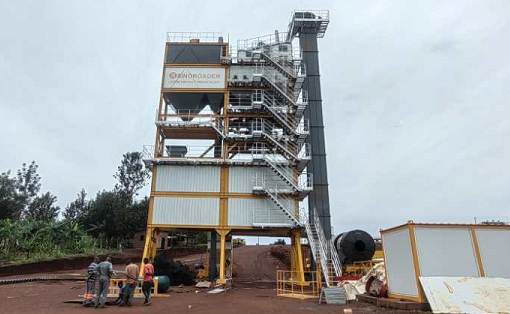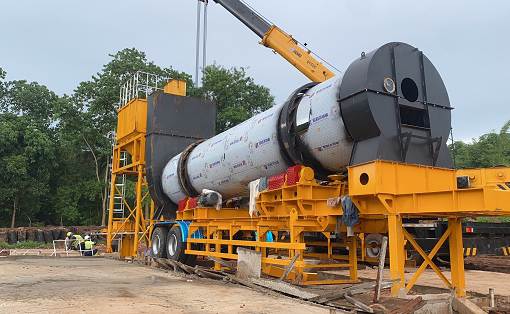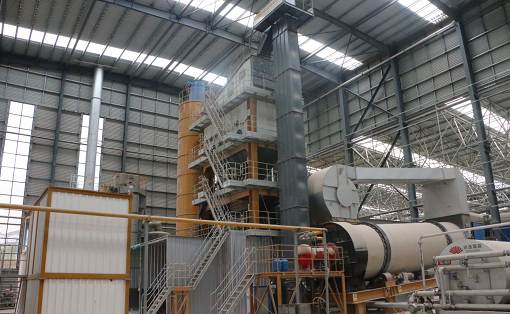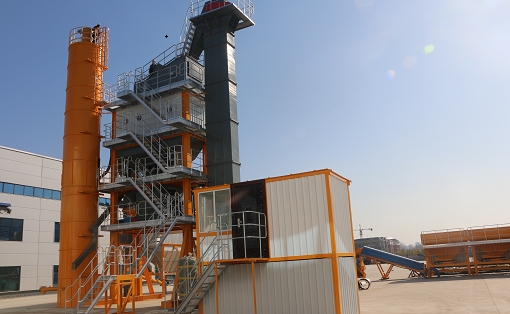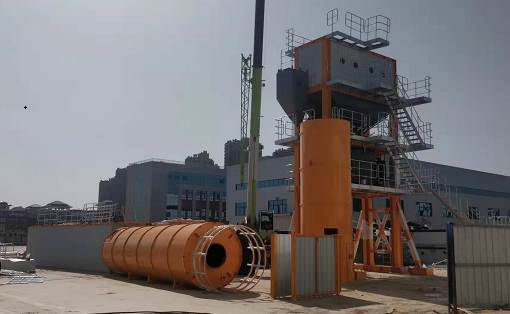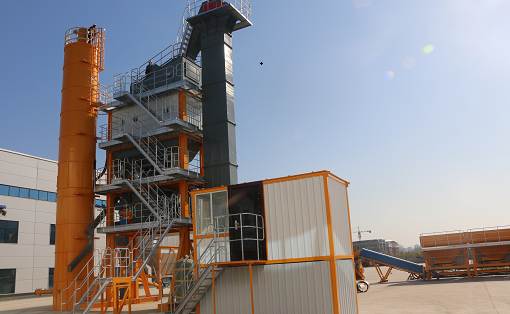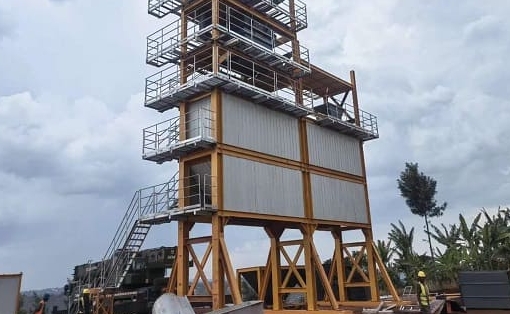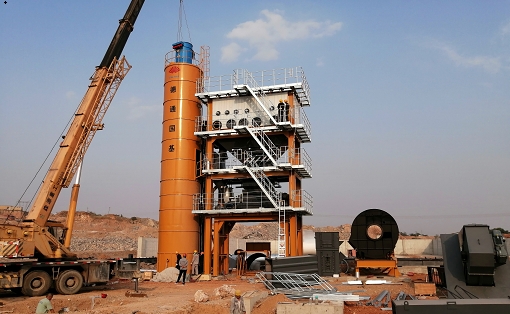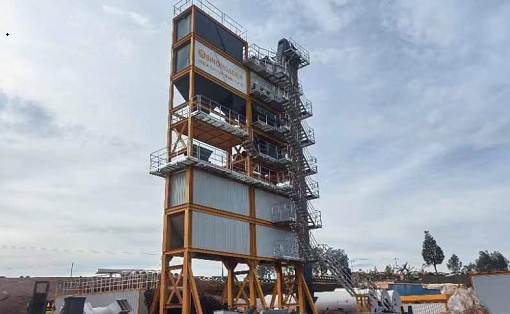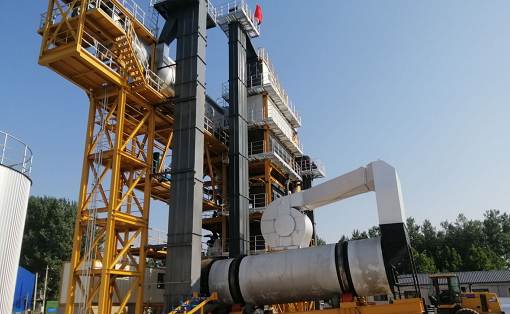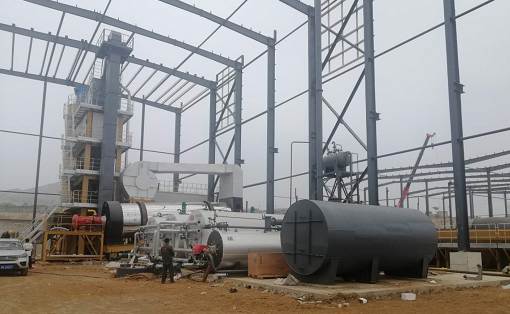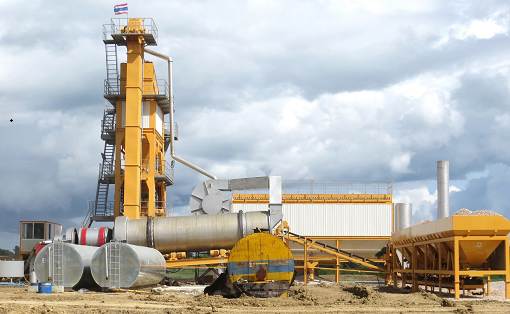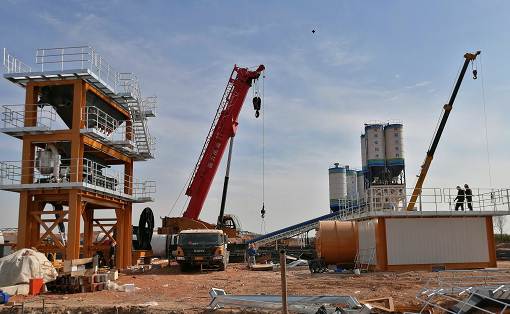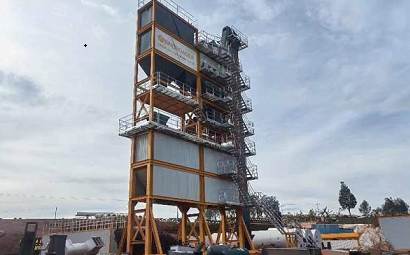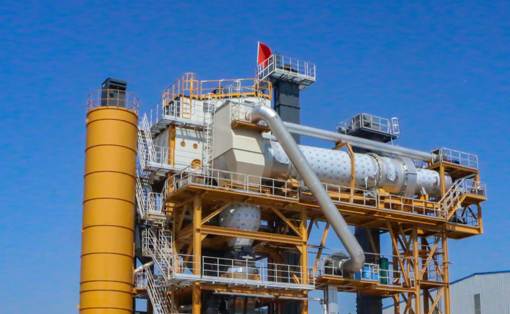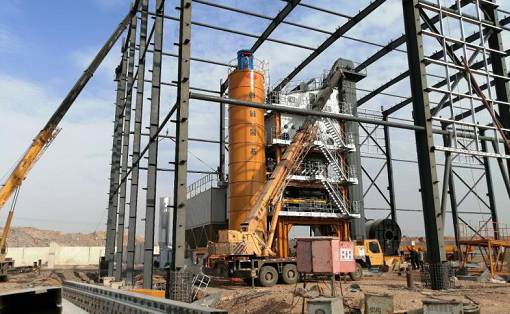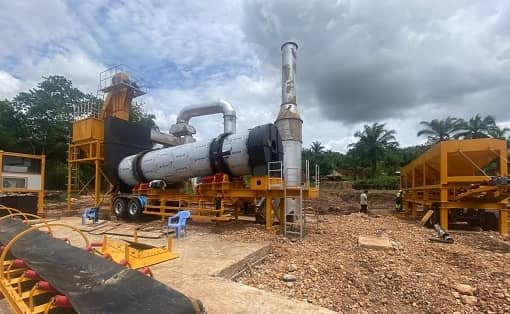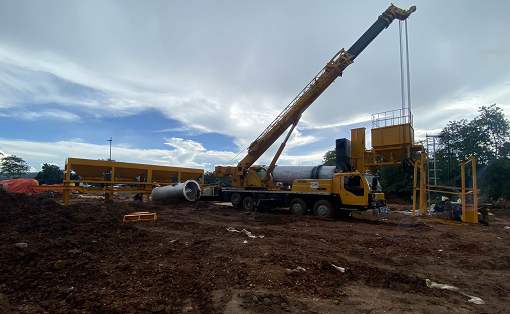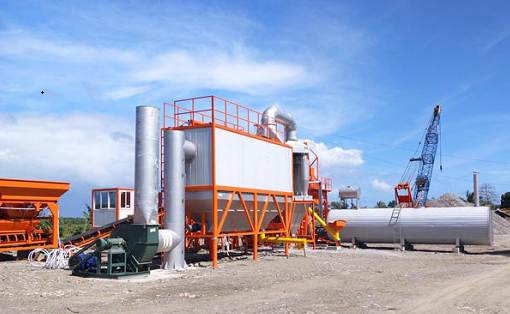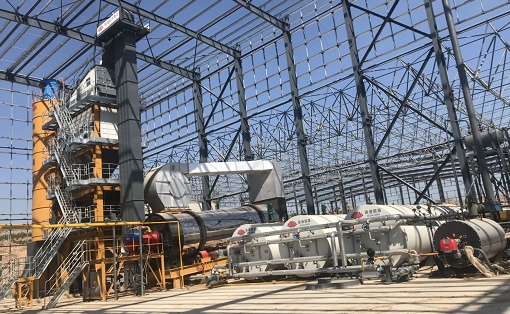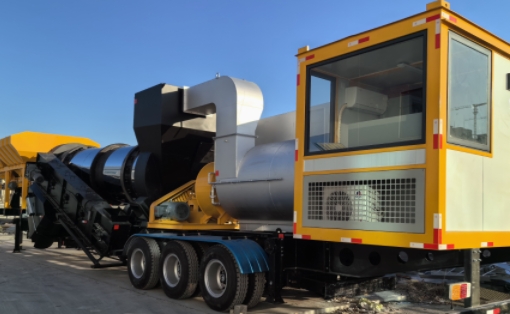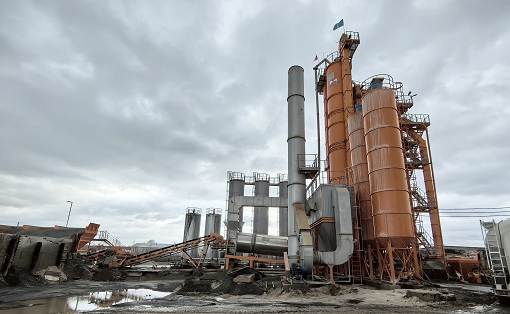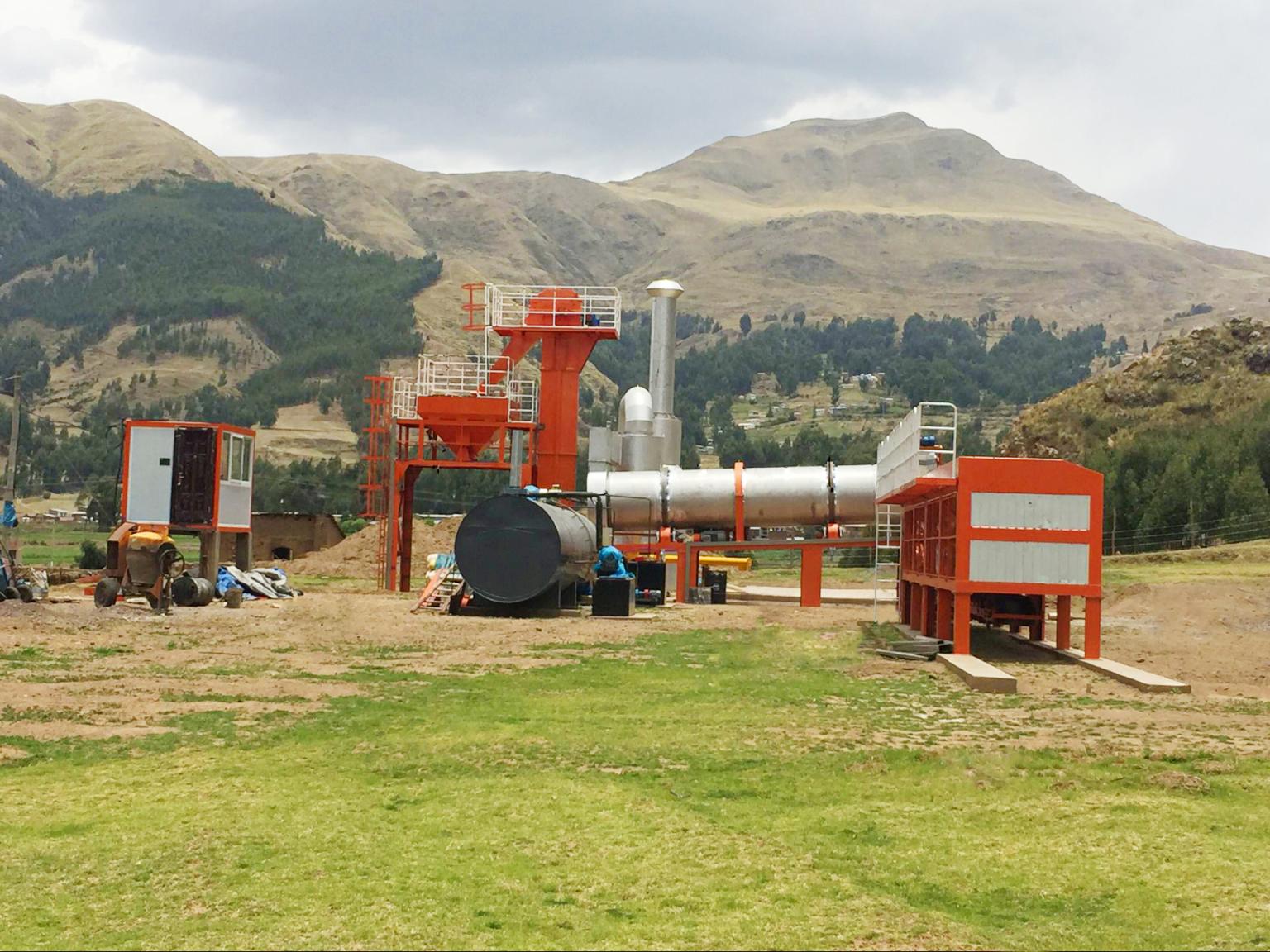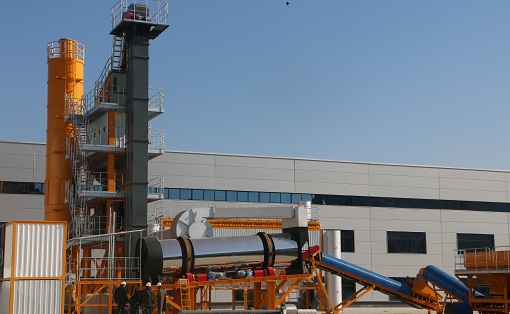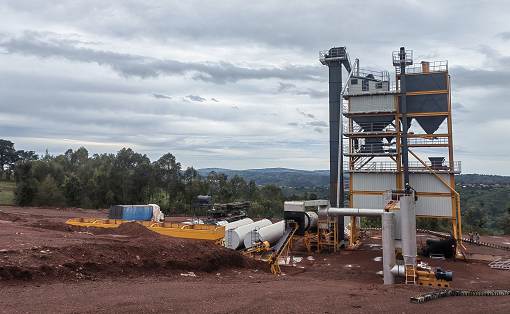Trial operation of asphalt mixer plant and its relationship with conveying pipe heating efficiency
Asphalt mixing plant is one of the main equipment for producing asphalt concrete. It can mix asphalt, gravel, cement and other materials together in a certain proportion to obtain the products required for highway construction. In order to ensure its operating effect, the asphalt mixer plant also needs to be powered on for trial operation before it is officially put into work.
At the beginning of the test run, first run a single motor, and at the same time check whether the current, steering, insulation and mechanical transmission parts are operating normally. After confirming that each motor and mechanical transmission parts are operating correctly, conduct a joint trial run. During the entire process, it is necessary to conduct patrol inspections of key parts. If any abnormal noise is found, the cause should be identified and eliminated in a timely manner.
Asphalt mixing plant is one of the main equipment for producing asphalt concrete. It can mix asphalt, gravel, cement and other materials together in a certain proportion to obtain the products required for highway construction. In order to ensure its operating effect, the asphalt mixer plant also needs to be powered on for trial operation before it is officially put into work.
At the beginning of the test run, first run a single motor, and at the same time check whether the current, steering, insulation and mechanical transmission parts are operating normally. After confirming that each motor and mechanical transmission parts are operating correctly, conduct a joint trial run. During the entire process, it is necessary to conduct patrol inspections of key parts. If any abnormal noise is found, the cause should be identified and eliminated in a timely manner.
After turning on the power, turn on the air compressor and let the air pressure reach the rated pressure value. During this process, you can clearly observe whether there is air leakage in the control valve, pipeline, cylinder and other components. Then connect the oil supply and return devices, oil supply and return pipelines, etc., and ensure that they do not leak. At the same time, use anti-rust components or take anti-rust measures.
Since the asphalt mixer plants contain many mechanical components, a complete set of commissioning operations requires consideration of all aspects, such as the hydraulic department, conveying mechanism, dust removal system, etc., and none of them can be left out. The heating efficiency of the asphalt conveying pipe of the asphalt mixing plant also has a great impact. This is because the important performance indicators of asphalt, such as viscosity and sulfur content, are closely related to the asphalt mixing plant.
Generally speaking, the greater the viscosity, the worse the atomization effect, which directly affects work efficiency and fuel consumption. As the temperature increases, the viscosity of heavy oil gradually decreases, so high-viscosity oil must be heated for smooth transportation and atomization.
Therefore, in addition to understanding its conventional indicators when selecting, you must also master its viscosity-temperature curve to ensure that heating can make the asphalt reach the viscosity required by the burner before atomization. When inspecting the asphalt circulation system, it was found that the asphalt in the pipeline solidified because the temperature of the asphalt transportation pipeline did not meet the requirements.

